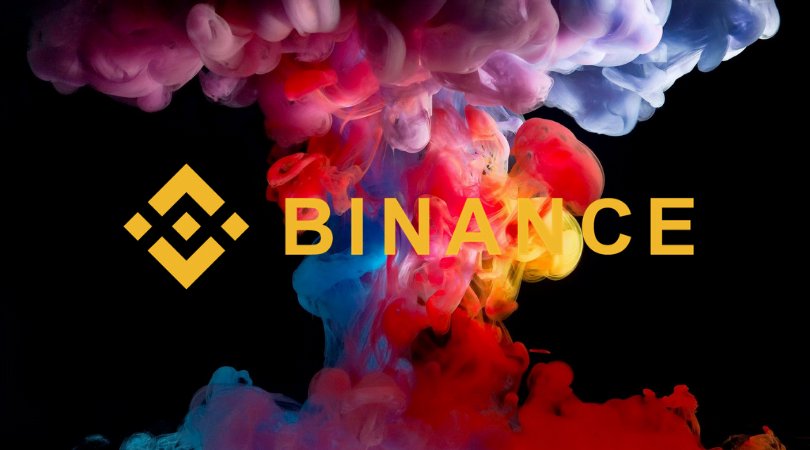Binance chief Changpeng Zhao asked the community if he should help someone who accidentally lost $ 20,000 worth of BNB by sending it to the wrong address.
Changpeng Zhao he told yesterday the story of a user – whom he did not reveal – who sent 800 BNB (about $ 20,000) to the wrong address.
CZ said it was considering the idea of helping this person not to lose money, reviving once again one of the most interesting and important debates in the industry: Should we intervene for user safety, or is the encrypted “absolute law” sacred and it does not matter how it affects the sentiment of network participants?
A guy just sent 800 #BNB ($20,000) to a smart contract address by mistake on Binance Smart Chain. It is effectively burned (permanently stuck). He’s begging for our help now. We could make him whole by deducting that amount from the next burn. Should we do it?
– CZ Binance (@cz_binance) September 12, 2020
Code is law
A large part of the community has criticized the mere consideration that in this case there could be any intervention. Overall, the safety of the intervention was questioned. Of course, there were voices that such an intervention would endanger the decentralized nature of the project.
The belief that code should be a sacred law ensures network stability without any changes or manipulations. A decentralized network prevents a single entity from possessing this power and using it for good or bad purposes.
Others providethat if CZ helped this user, it would fall into a downward spiral as this would create a precedent so that any other user wishing to reverse the transaction would be entitled to do so.
The idea that each person is their own bank means that everyone should be responsible for their own actions. Anyone who wants to fix a mistake should stay with older financial institutions (er .. – banks).
“The other side of the force”
Another group of people pleaded for empathy for the victim, ensuring that in order for cryptocurrencies and blockchain technology to reach global adoption status, people must have some level of protection in such cases:
Yes you should – people make mistakes – need to accommodate for mass adoption – this is non negotiable – otherwise crypto will never be adoboted by the masses
— CryptoVerse (@amiraligorgi) September 12, 2020
The problem of “human error” is fundamental to ensuring that non-experts have some security mechanism in a global adoption scenario. And while the community agrees to take corrective measures, it also stressed that prevention is fundamental. It’s about making sure that these kinds of situations won’t happen too easily.
Some have even proposed developing functions in the smart contract programming language to prevent mistakes when sending funds to the wrong addresses.
What about CZ and Satoshi?
CZ commented that the stock market will take action in this matter. What specifically – he did not explain. Perhaps soon we will be able to prevent such situations. Interestingly, thinking about it is possible only in the case of centralized entities.
Let us pay attention here, for example, to consciously sending funds to “Satoshi’s address”. Such action, as intended by the sender, removes the sent coins from circulation forever.
You may be interested in:
From the editorial office
Bithub Flesz is already on ours YouTube channel. We invite you every day at 19:00 for a summary of the most important events of the day in the cryptocurrency and finance industry. Comments and reflections on what the next day may bring! The program is run by Bitcoin Feniks.
See the latest episode:
This article neither in whole nor in part constitutes a “recommendation” within the meaning of the provisions of the Act of July 29, 2005 on trading in financial instruments or the Regulation of the European Parliament and of the Council (EU) No. 596/2014 of April 16, 2014 on market abuse (market abuse regulation) and repealing Directive 2003/6 / EC of the European Parliament and of the Council and Commission Directives 2003/124 / EC, 2003/125 / EC and 2004/72 / EC and Commission Delegated Regulations (EU) 2017/565 of 25 April 2016 supplementing Directive 2014/65 / EU of the European Parliament and of the Council as regards organizational requirements and operating conditions for investment firms and defined terms for the purposes of this directive. The content contained on the website does not meet the requirements for recommendations within the meaning of the above-mentioned act, incl. do not contain a specific valuation of any financial instrument, do not rely on any valuation method, and do not identify investment risk.
–


/data/photo/2020/09/13/5f5e3fdf4e940.jpg)